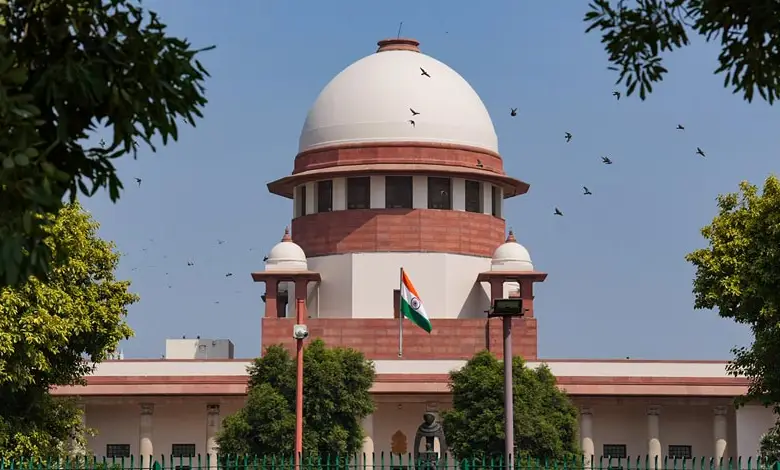Supreme Court Frees TV Anchor, Upholds Free Speech in Defamation Case

In a significant ruling emphasizing the protection of free speech, the Supreme Court on Friday ordered the release of Sakshi TV anchor K Srinivasa Rao, who was detained by Andhra Pradesh police for allegedly facilitating defamatory remarks made during a live broadcast. The decision, delivered by Justices Prashant Kumar Mishra and Manmohan, underscores the importance of safeguarding journalistic participation in live television discussions.
Rao, aged 70, was arrested following a controversial statement made by political analyst V V R Krishnamraju during a June 6 broadcast on Sakshi TV, a channel often associated with the opposition YSR Congress Party. Krishnamraju referred to Amaravati, the proposed capital city, as a “capital of sex workers,” a remark tied to the YSRCP’s prior decision to abandon the Amaravati capital project initiated by the Telugu Desam Party. The comment sparked outrage, leading to Rao’s arrest for allegedly abetting the defamatory statement.
Appearing for Rao, senior advocate Siddharth Dave argued before the Supreme Court that the anchor was merely hosting the program and had no control over the panelist’s statements. The court agreed, stating that Rao’s role as a journalist in moderating a live show warranted protection under the right to free speech. “Rao has not made the statement. His journalistic participation in a live TV show deserves to be protected, so as that of his fundamental right to free speech,” the bench declared.
The Supreme Court directed that Rao be released on bail, with conditions to be set by the trial court. However, the bench issued a caution to Rao, advising him to avoid involvement in or permitting defamatory remarks during future live broadcasts. The court also sought a response from the Andhra Pradesh government regarding Rao’s petition to quash the First Information Report (FIR) filed against him.
Opposing Rao’s plea, senior advocates Mukul Rohatgi and Sidharth Luthra, representing the state, argued that Rao failed to intervene when the derogatory remark was made and instead appeared to encourage it by laughing. Despite these claims, the Supreme Court prioritized the broader principle of free expression, reinforcing the need to shield journalists from liability for statements made by others during live discussions.
The ruling comes as a pivotal moment for media freedom, highlighting the delicate balance between responsible journalism and the right to free speech in India’s vibrant media landscape.
